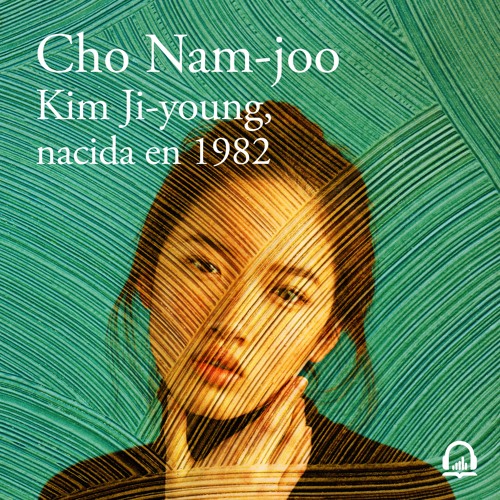

A woman is hated, and loved, and then hated again. A woman is discriminated against at work. A woman is filmed in public without consent. “The backlit silhouettes of various residents and empty windows reflect the estate’s ever-revolving door of tenants and their stories while also giving off a sense of menace, hinting at the dark secrets and cruelty lying beneath it all.Miss Kim Knows and Other Stories (Trade Paperback / Paperback)įROM THE AUTHOR OF KIM JIYOUNG, BORN 1982 Eight women.

“The Saha Estates plays a central role in the book, so I wanted to treat the building as a character in itself, while also being a vehicle for where the various characters’ stories play out,” designer Yang Kim notes. When a young woman is found dead nearby, all the residents spring into action. As climate change encroaches, the rich will rule, come hell or high water.īut life flickers on in the Saha Estates, with its box-like apartments, communal faucets, Granny Konnim’s vegetable garden, and a playground where “the swing sets and seesaws were…porous as termite-infested wood.” There’s an empty park no one can afford a car.

“One year, red tide began to devastate the fish farms, forcing them to close down one by one.” Conglomerates buy up the land at bargain-basement prices, jostling and merging for profits and eventually spawning a city-state, known as Town, founded on the principle of plutocracy. “The village had lived off the fish farm for generations,” Nam-Joo writes. The novel’s premise is chilling: A vibrant coastal community is crushed beneath the iron boot of corporations. In an exclusive, Oprah Daily reveals the cover for Nam-Joo’s Saha, a dystopian tale set amid a run-down housing complex, charting the fates and foibles of a range of characters as they hold on-barely-in a society devoted to the expansion of inequity. South Korea, in particular, teems with emerging talents, such as 43-year-old novelist-cum-scriptwriter Cho Nam-Joo, whose Kim Jiyoung, Born 1982, was a literary revelation, firing up bestseller lists in her own country and winning widespread acclaim in an impeccable English translation by Jamie Chang, longlisted for the 2020 National Book Award. At the close of Asian American Pacific Islander Heritage Month, we peer ahead to yet more exhilarating fiction and nonfiction by AAPI authors in the coming months.


 0 kommentar(er)
0 kommentar(er)
